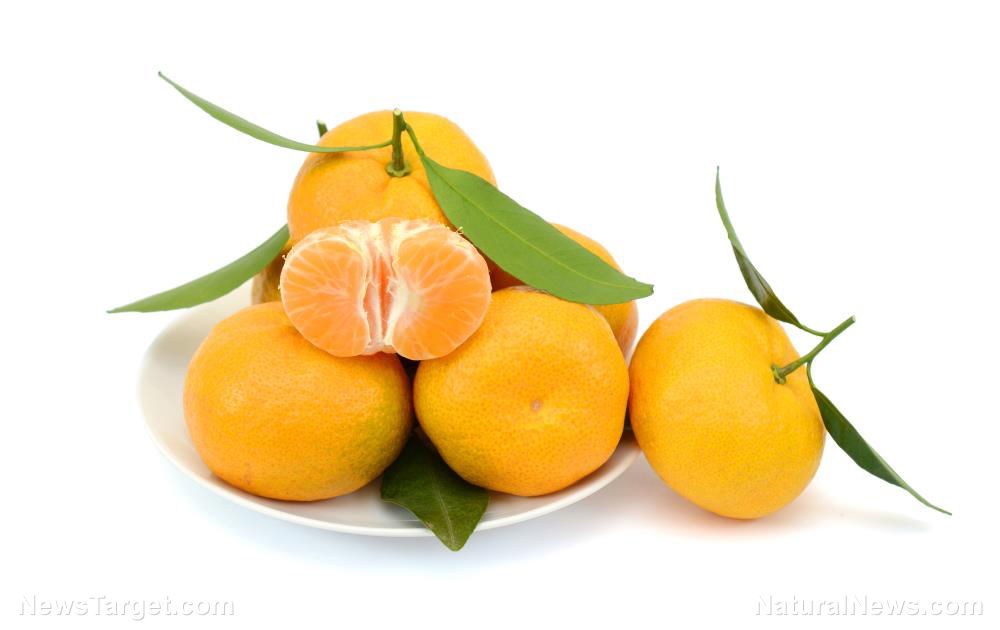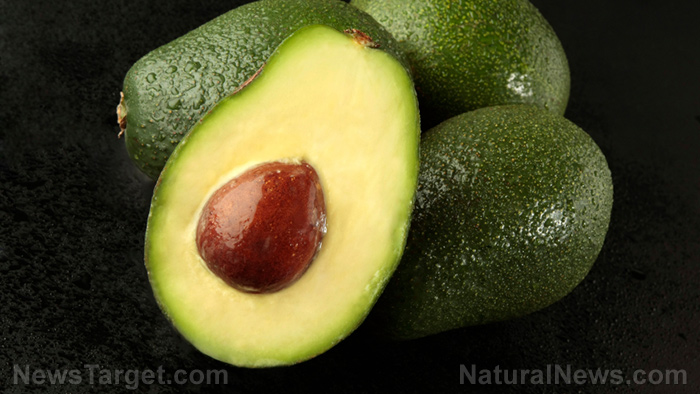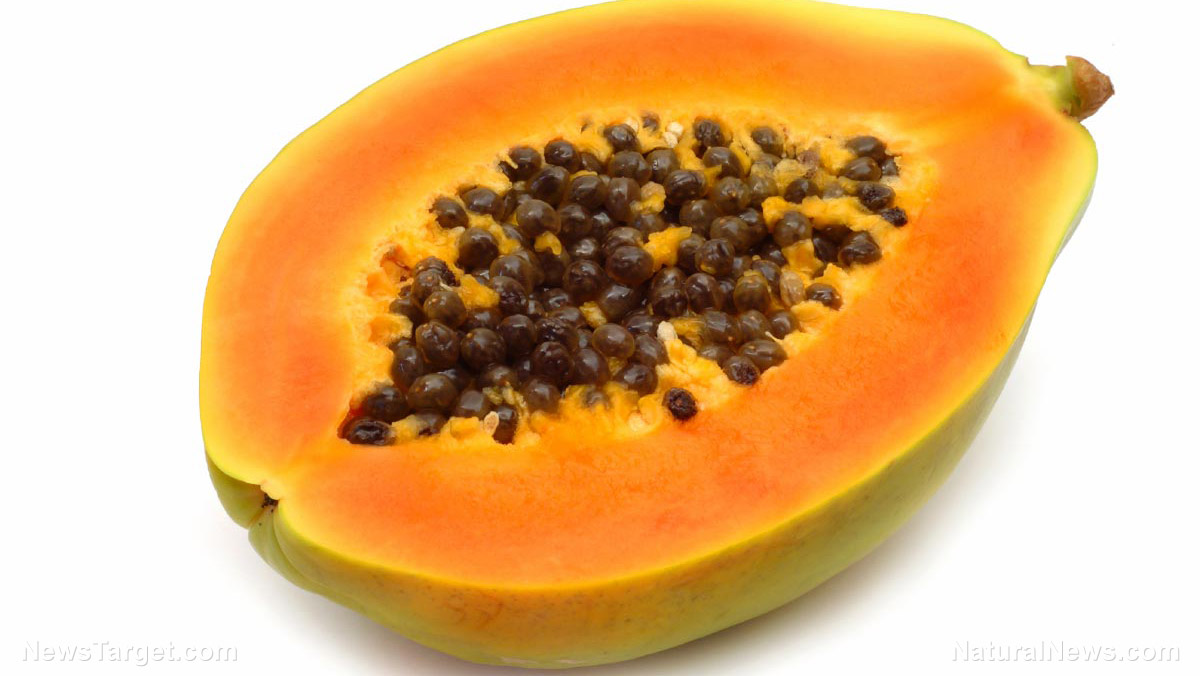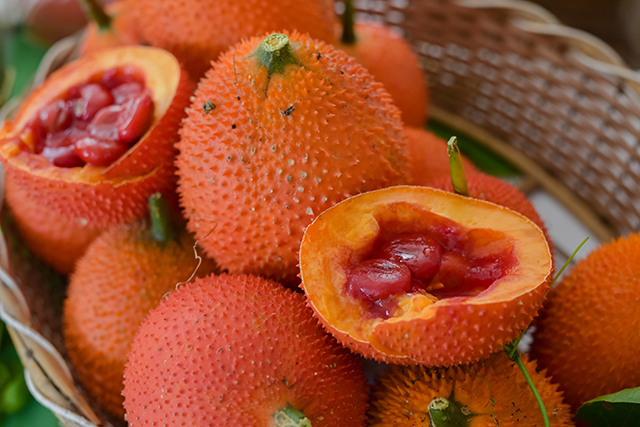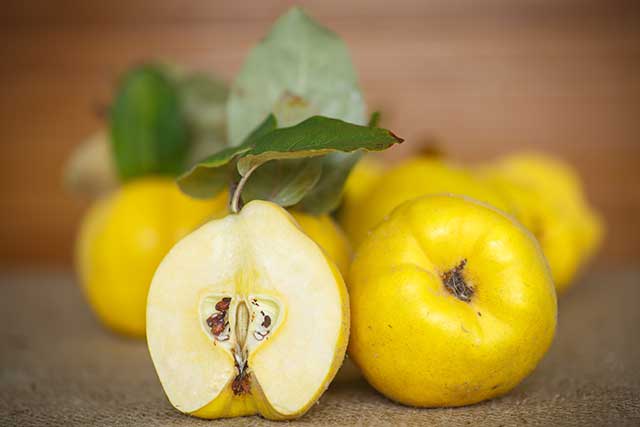Prunes – sources, health benefits, nutrients, uses and constituents at NaturalPedia.com
06/21/2017 / By Tim Wesley
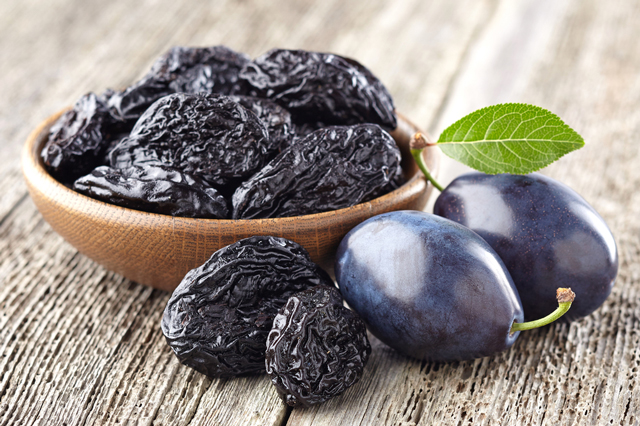
Initially unattractive for some people, prunes (or dried plums) have so much more to offer your health. Don’t let their appearance fool you. These are nutrition powerhouses and can help promote bone density. These are dried naturally and don’t undergo any fermentation process.
List of known nutrients
- Boron
- Calcium
- Chromium
- Fiber
- Iron
- Lutein
- Magnesium
- Manganese
- Phosphorus
- Potassium
- Riboflavin
- Sorbitol
- Vitamin A
- Vitamin B6
- Zeaxanthin
Medicinal uses for prunes
Prunes are known as natural laxatives because of their fiber and sorbitol content. Research has found that dried plums are more effective in helping the digestive system than psyllium, a bulk-forming laxative. Just one prune contains three percent of the recommended daily fiber intake. Sorbitol, a natural sugar, helps by pulling moisture into the digestive tract to help facilitate bowel movement. Just be careful with eating too much because it can cause gastrointestinal distress. The high fiber content is also responsible for preventing hemorrhoids caused by constipation.
Prunes are also excellent sources of vitamin A, which is essential for healthy vision. These can help you prevent dry eyes, night blindness, cataracts, and macular degeneration.
Dr. Adarsh Kumar of the National Heart Institute said: “Prunes are high in potassium, an important mineral that ensures proper functioning of the heart and nerve response throughout the body.” Potassium in prunes can help lower blood pressure and minimize the chances of acquiring heart disease and suffering from strokes and heart attacks. Research also shows that dried plums can prevent atherosclerosis.
Your bones will benefit a lot from regular intake of prunes. According to studies, prunes be able to reverse osteoporosis in post-menopausal women. Boron, which prunes have plenty of, helps build strong bones and muscles according to older studies.
Eating prunes will expose you to lots of beneficial antioxidants, which, according to a 2005 study, are linked to lung health. Antioxidants could reduce the risks for chronic obstructive pulmonary disease (COPD) as well as emphysema, lung and colon cancer. Adding prunes to your diet will reduce the risk of colon cancer by increasing microbiota – the beneficial bacteria – inside your colon.
Body systems supported by prunes
The carotenoids present in prunes – alpha carotene, beta carotene, and beta cryptoxanthin are utilized by the cells to convert light into nerve impulses. Lutein and zeaxanthin protect cells from harmful blue light and help lower the risks of age-related vision problems.
Prunes are heart-friendly. They help prevent the accumulation of plaque in the arteries, which is the root cause of heart failures and stroke. Drinking prune juice has been proven to help lower blood pressure to reduce hypertension and boost heart health. These are also ideal for promoting bone health. One study showed that dried plums can prevent bone loss in women who are susceptible to osteoporosis.
Furthermore, prunes’ vitamins and minerals are great for maintaining healthy skin. These can slow down the signs of aging — wrinkles, sunspots, and fine lines — and provide enough iron to keep hair strong and healthy looking. At the same time, the antioxidants protect the cells from free radical damage.
Prunes help the digestive system by preventing chronic constipation in older adults. Don’t forget that the fiber content is also helpful in regulating your bladder.
Ways to enjoy prunes
Don’t think that prunes are only for the elderly and that there’s no other way to enjoy them because, in reality, these are flexible fruits. You can use them on cakes, as purees, tarts, and lots of other ways. Check out these prune recipes to try at home.
Where to learn more
- How to Really Get Moving with Prunes
- Discover amazing health benefits of an overlooked snack treat
- 24 Home Remedies for Constipation With Recipe
- Top 9 Foods Packed with Potassium
- Top Foods to Increase Red Blood Cells
Summary
Prunes are excellent laxatives and can improve digestion.
Prunes can prevent colon cancer.
Prunes help improve the skin and hair.
Prunes can fight atherosclerosis and stave off heart attacks and strokes.
Prunes can prevent age-related vision problems like macular degeneration.
Sources include:
Tagged Under: prunes





